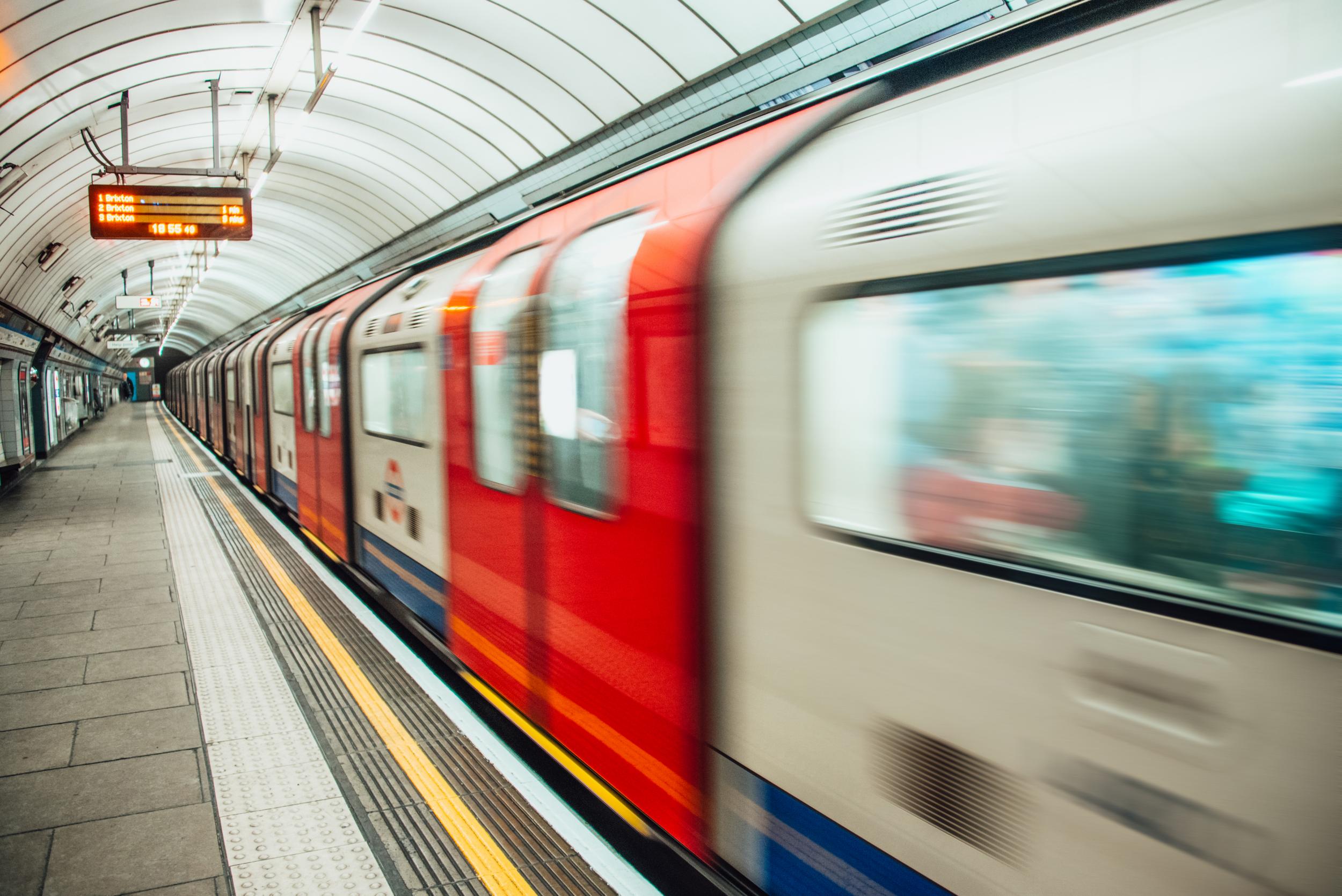Piccadilly line strike: When is it and what will it mean for commuters?
A four-day walkout in July spells delays for commuters

Strike action on London Underground's Piccadilly line starts today, coinciding with Donald Trump’s controversial visit to the capital.
Members of the Rail, Maritime and Transport (RMT) union have taken industrial action in a row over working conditions and staffing.
The industrial action is forecast to clash with President Trump’s visit on Friday 13 July, which is expected to attract over 50,000 protesters to central London.
The Piccadilly line transports over half a million passengers a day and connects Heathrow airport with central London.
When is the strike?
Industrial action on the Piccadilly line will begin at 9pm on Wednesday 11 July and continue until 12.01am on Saturday 14 July.
Which lines are affected?
A spokesperson for Transport for London (TfL) told The Independent that only the Piccadilly line would be affected. Other lines are likely to be busier as a consequence of this closure, however, with delays possible.
What can commuters expect?
London’s underground service is likely to be hotter and more uncomfortable than usual if the heatwave continues. The closure of any London underground line tends to put pressure on other services, so planning an alternative route in advance is a wise move.
Why are the strikes taking place?
The RMT has said that the dispute is over a “continued failure by London Underground to employ enough drivers, continued problems with the ageing Piccadilly Line fleet and the repeated breaking of agreements which has tipped industrial relations over the edge.”
General Secretary Mick Cash said: “There have been repeated problems on the Piccadilly Line going back a number of years which have led to dispute after dispute and the failure of London Underground management to get a grip has tipped the situation over the edge yet again. That is why we have had no option but to put on these strike dates.
“Every effort by RMT reps to negotiate a settlement has been obstructed by the company and it is now down to London Underground bosses to start listening to their members, take the raft of issues at the heart of this dispute seriously and start engaging in a way that will allow us to make some genuine progress.”
Is there any chance the strikes will be cancelled?
At present, there are no indications that the strike will be cancelled. Nigel Holness, director of network operations for London Underground, told The Independent: “We urge the RMT leadership to work with us constructively on the local issues they have raised rather than threaten to disrupt our customers. We remain available for talks to prevent any unnecessary industrial action on the Piccadilly line.”
Join our commenting forum
Join thought-provoking conversations, follow other Independent readers and see their replies
Comments
Bookmark popover
Removed from bookmarks